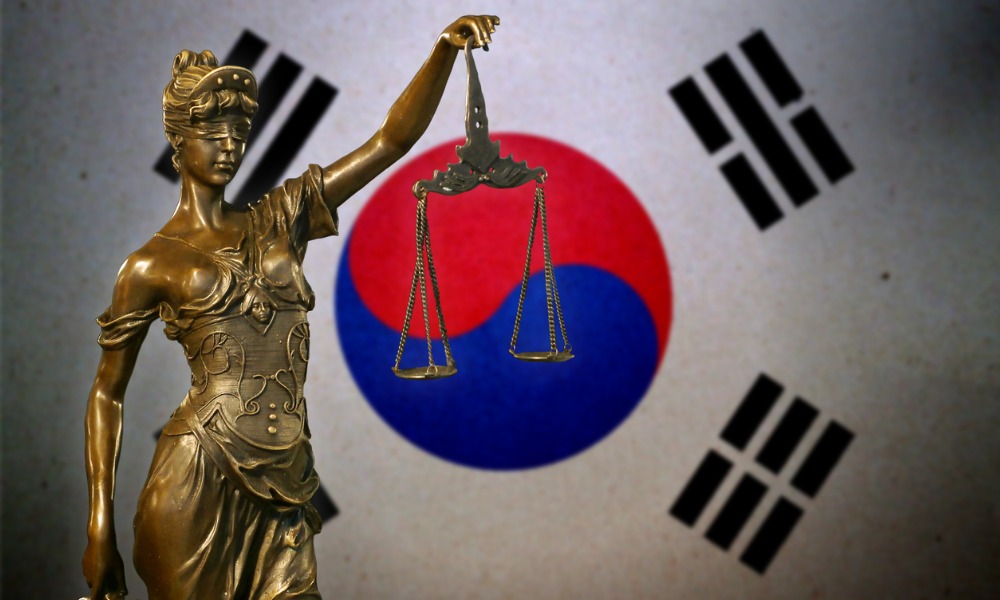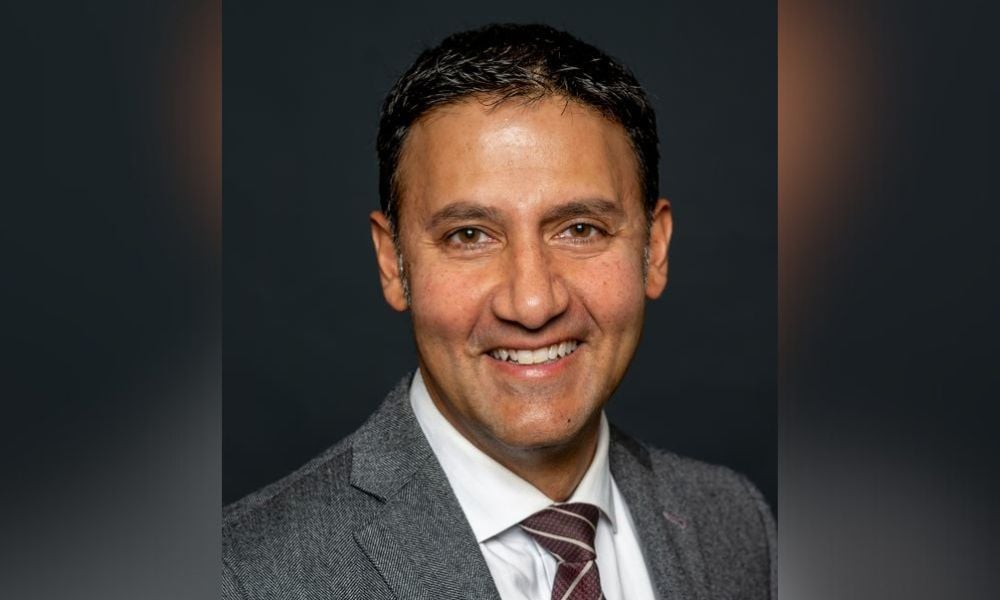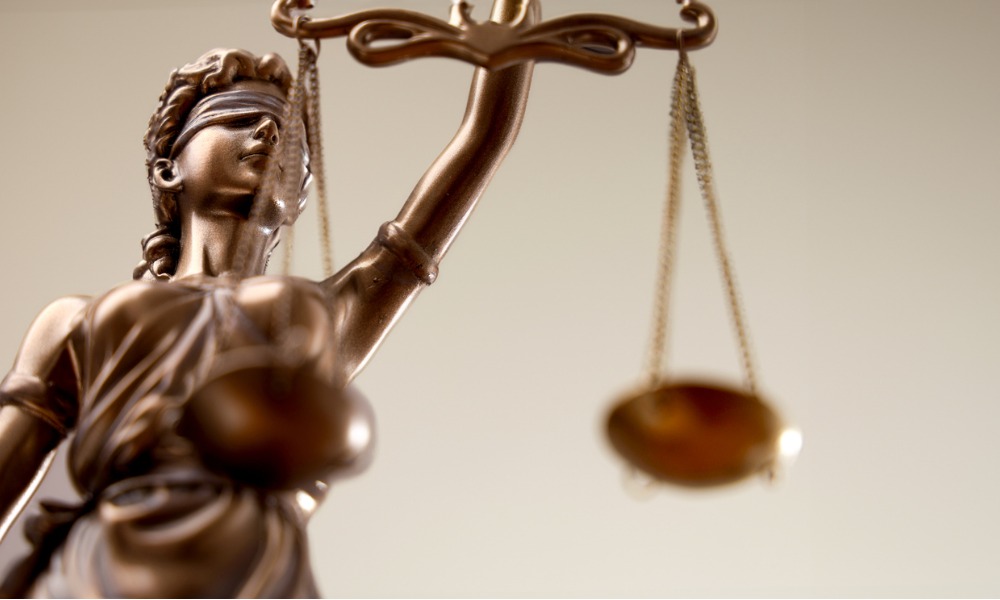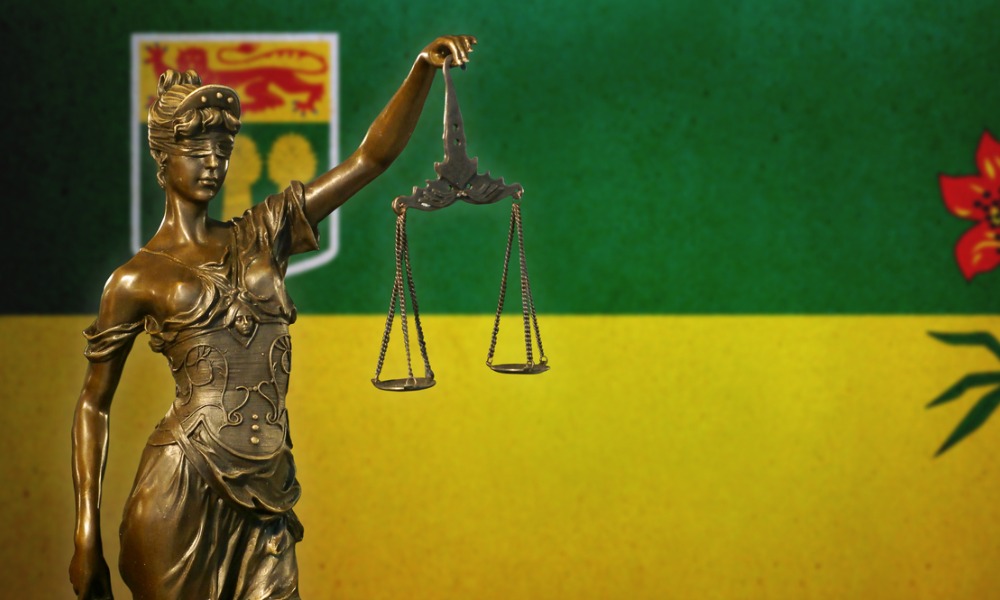Women make up only 29 percent of lawyers practicing in Korea

A report released by the International Bar Association (IBA) has highlighted significant gender disparities within the senior ranks of South Korea's legal sector.
Despite a notable increase in female lawyers since the late 20th century, women continue to be underrepresented across all levels of the profession. The findings, part of the IBA Legal Policy & Research Unit's (LPRU) "50:50 by 2030" study, were developed in collaboration with the Gender Equality Centre of the Korean Bar Association (KBA). The report, the seventh in the series funded by the LexisNexis Rule of Law Foundation, aims to shed light on the global legal landscape's gender imbalances by 2030.
Sara Carnegie, IBA's legal projects director, praised the KBA's commitment to the study, stating, "The Republic of Korea report provides an excellent example of how collaboration with IBA member bars can broaden the reach of this project, enhancing its impact and offering insights into new jurisdictions.”
According to the report, the Republic of Korea significantly lags in female representation within the legal field compared to other countries analyzed in the series. As of 2023, 28,118 lawyers were practising in Korea, with women making up only 29 percent. This contrasts starkly with figures from the Netherlands (57 percent), Chile (56 percent), Spain (54 percent), England and Wales (51 percent), and Nigeria (40 percent).
"Despite a significant upsurge in the number of women training to be lawyers since the 1990s, female representation at the senior level is still sorely lacking. We must address the root causes of this disparity, challenge widespread cultural norms and champion lasting change,” said Young Hoon Kim, president of the KBA.
The report suggests several measures to correct these imbalances, including fostering a more inclusive environment for women in the legal profession, implementing flexible work arrangements, establishing robust parental leave policies, and expanding childcare facilities.
The KBA's efforts include the inauguration of its Gender Equality Centre, which conducts research and training on gender equality in the legal profession. Additionally, a five-year plan initiated by the Korean government from 2017 to 2022 aimed to increase the number of female lawyers practising, particularly in the public sector, where women constitute 35 percent of the workforce.
Sung Hee Kwon, general manager of the KBA’s Gender Equality Centre, highlighted the situation's urgency, stating, “The public sector has benefitted from the Korean government’s policy to improve female representation. The statistics from law firms and in-house counsel show a much gloomier picture, with lower female representation in the legal profession and less women holding senior positions. All the figures urge the country to do more.”
The "50:50 by 2030" project, launched in 2021 by then IBA President Almudena Arpón de Mendívil Aldama, is a nine-year global initiative to tackle gender disparity in the legal sector. It seeks to build empirical evidence on the barriers preventing women from reaching senior roles and develop solutions to promote gender equality, aligning with the UN Sustainable Development Goal.










